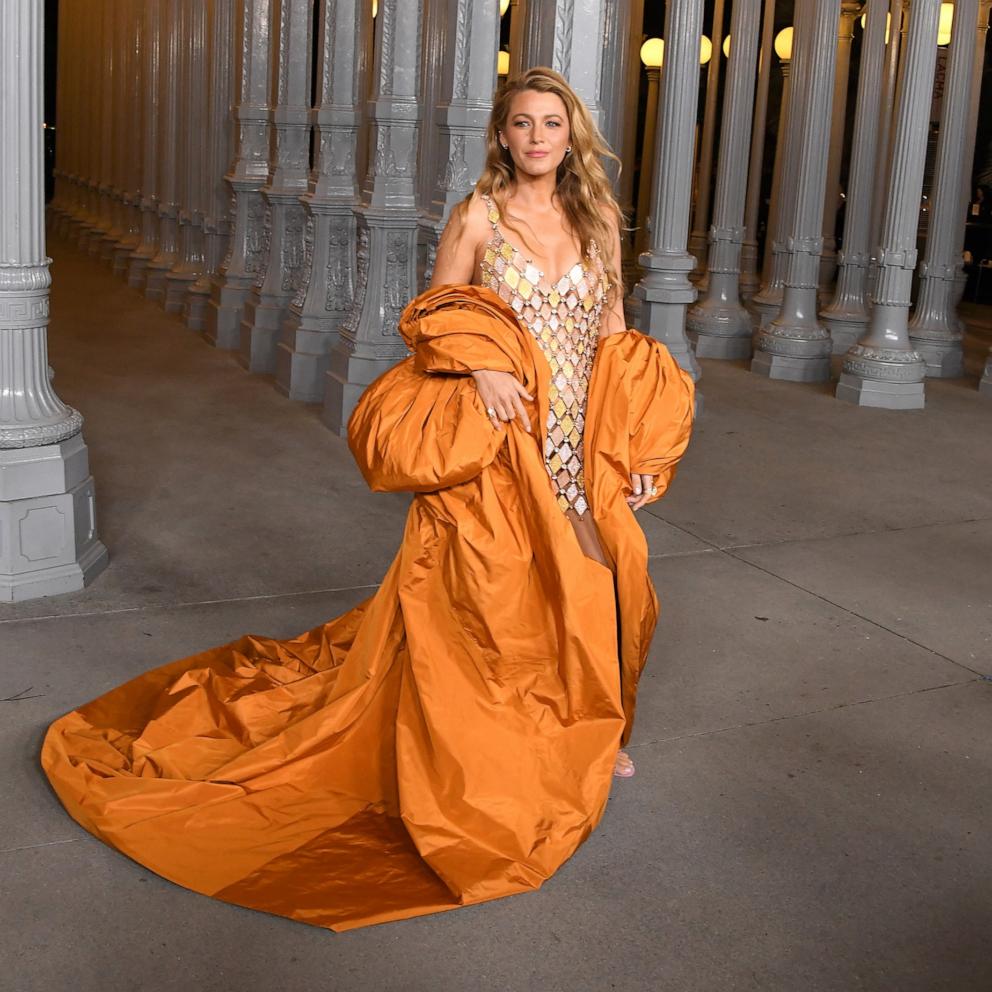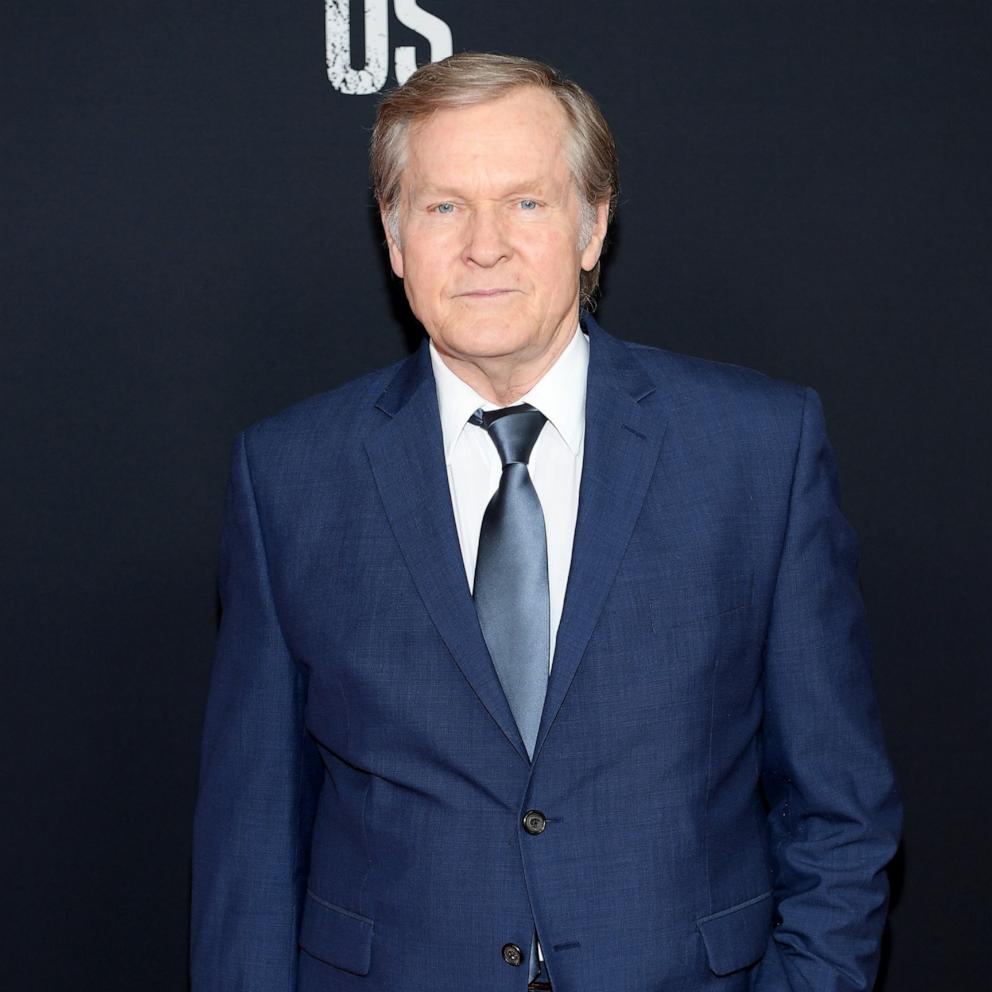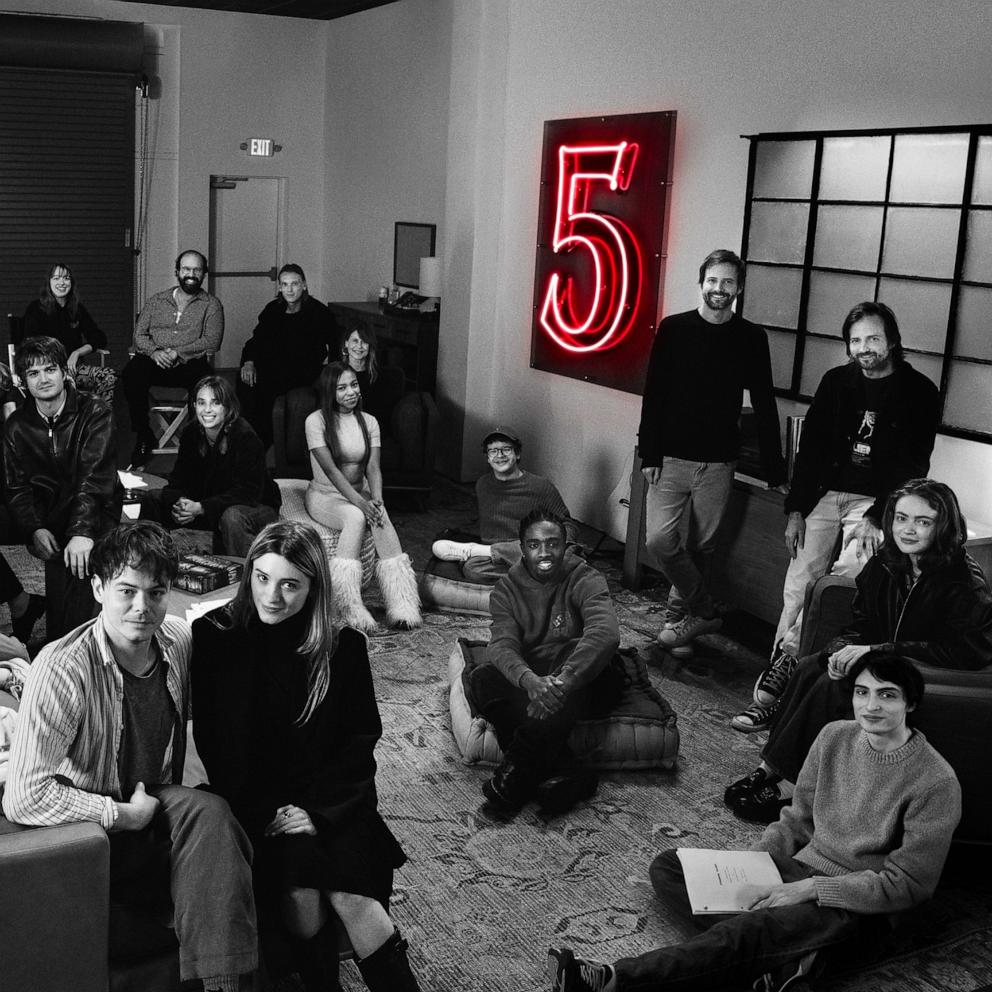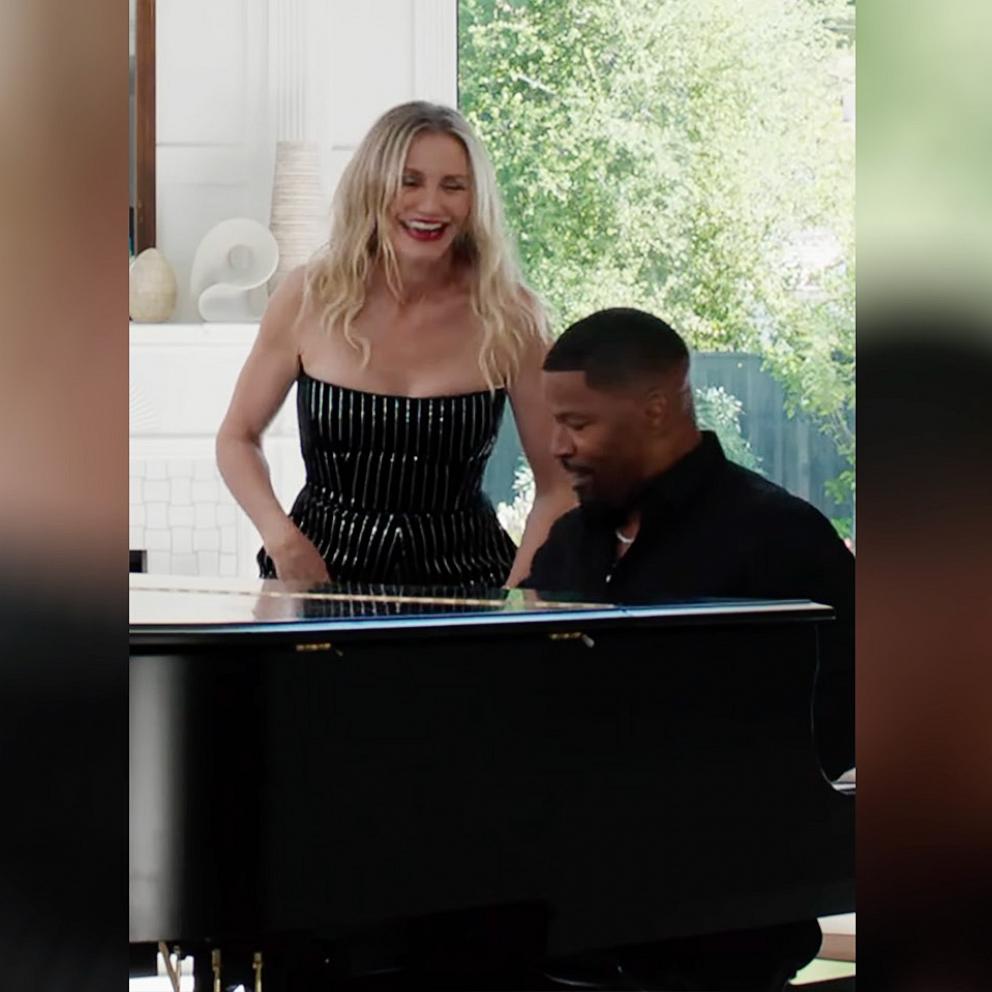Review: Prepare to be wowed by 'Civil War,' the best and propulsively exciting movie of the year so far

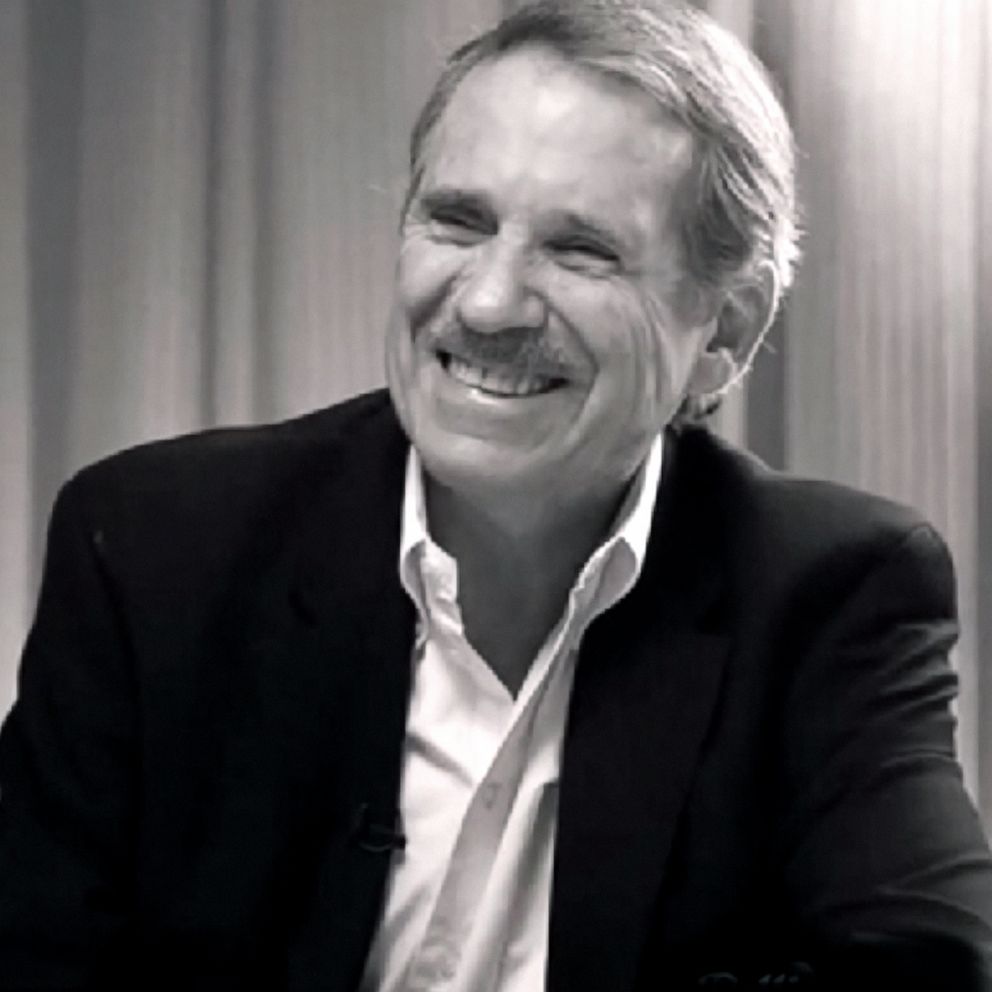
This one's coming in hot. So prepare to be wowed by "Civil War," the best, most original, and propulsively exciting movie of the year so far.
It'll blow your mind, shatter your nerves, and give you something to think hard about long after its knockout ending. And it's at a theater nearby. So see it now—in IMAX for full-blast effect—and let the sparks fly.
Like any movie that matters, "Civil War" isn't afraid to stir up controversy. Some say it's inflammatory and irresponsible of creator Alex Garland to write and direct a speculative thriller about a second war between the states (red and blue), right in the middle of a historically divisive election year that already has voters at each other's throats.
I suggest you reserve judgment until you see for yourself what Garland is up to. The British provocateur behind "Ex Machina," "Annihilation" and "Men" wants to deliver something exceedingly rare in a political thriller: an unbiased report from the frontlines.
For that reason, Garland embeds himself, not with sloganeering politicians, traumatized soldiers, and victimized civilians, but with the journalists whose job is to get the story without prejudice and with whatever it takes.

The ever-audacious Kirsten Dunst is dynamite and then some as Lee, a hardened photojournalist whose reporting on global atrocities cuts deeper when the horrors are happening at home. Her protege. Jessie (the excellent Cailee Spaeny making good on the promise she showed in "Priscilla"), follows her every move.
The reporting comes courtesy of scoop junkie Joel (Wagner Moura, the Brazilian star of "Narcos") and veteran newsman Sammy (a superb Stephen McKinley Henderson). There is no mention of Trump or Biden, of conservatives or liberals. The third-term President (Nick Offerman) thinks journalists should be shot on sight. Ditto rebellious citizens.
It's the dictatorial POTUS that the journalists want to interview, necessitating a perilous road trip from New York to D.C., now a war zone once known as the United States. Half the country, known as the Western Forces and led by the unlikely team of Texas and California (Florida has its own alliance), wants to secede from the union in a deadly uprising.
Don't look to "Civil War" to provide easy answers about who's fighting who and for what reasons. Garland escalates the brutal violence in the second half of the film so you can see what happens when citizens turn against citizens for reasons they can't always articulate.

The display of carnage is as horrifying as anything in "Apocalypse, Now." There are bomb raids on innocents, mass graves to dig, and an assault on the White House that feels uncomfortably close to the Jan. 6 attack on the U.S. Capitol.
Garland means business as bloodbaths proliferate, all of them framed in a camera lens as the journalists risk their lives to take photos and bring back reports that should turn audiences into anti-war activists long before "Civil War" ends.
As a trigger-happy combat soldier (Jesse Plemons) asks the journalists he holds at gunpoint, "What kind of American are you?" Better think before your answer.
The only thing scarier than the butchery is the casual indifference so many citizens show to the battle to end democracy. Garland ends his film with a divided government in chaos and the future still to be written. Like the journalist heroes in his story, Garland collects startling words and images and presents them to us for individual judgment. Your move.
